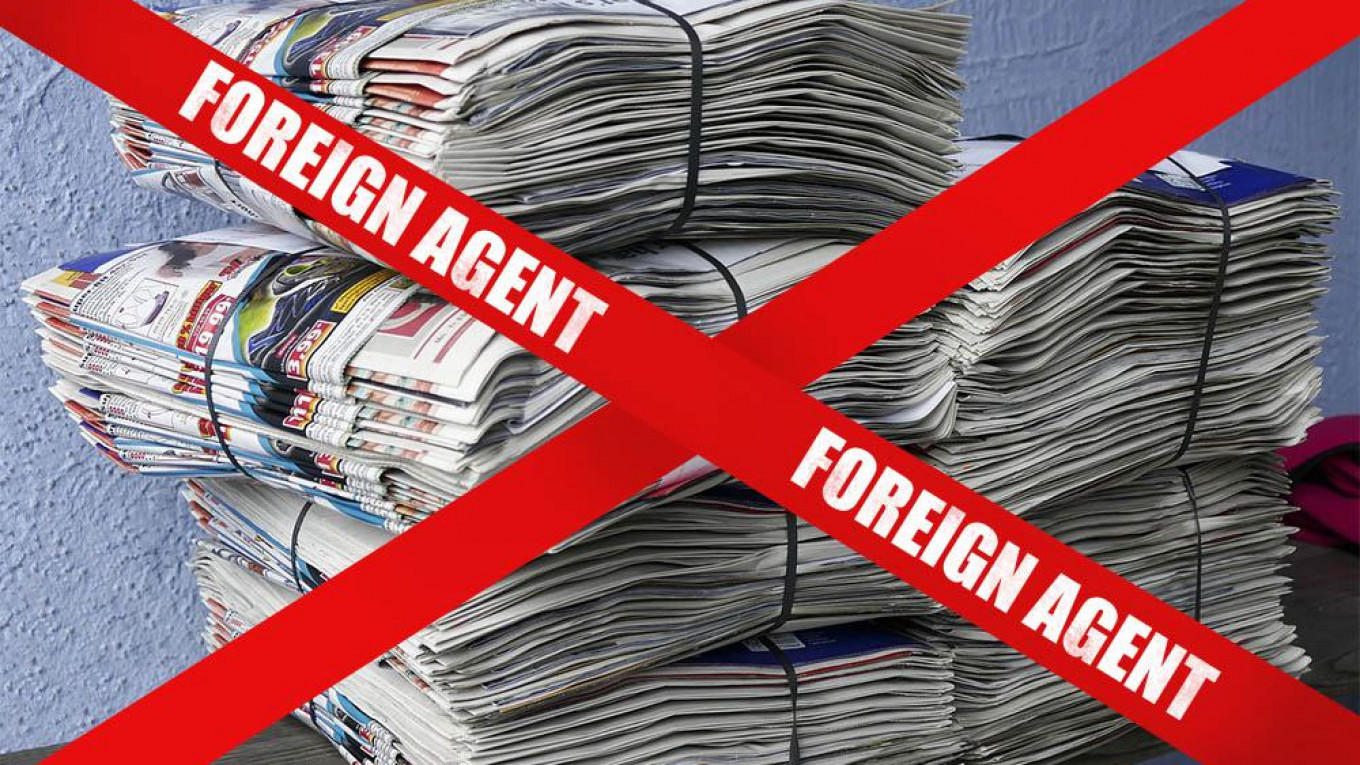Putin Is Seeing ‘Foreign Agents’ Everywhere
 Since Monday, Russians who post links to foreign media content can be branded “foreign agents” and systematically, and legally, harassed by the country’s fearsome bureaucracy and law-enforcement system. The law, quickly passed by parliament and signed by President Vladimir Putin, comes a little more than a month after Maria Butina, the gun advocate convicted in the U.S., returned to Moscow after spending 15 months in a U.S. prison for acting as an unregistered foreign agent.
Since Monday, Russians who post links to foreign media content can be branded “foreign agents” and systematically, and legally, harassed by the country’s fearsome bureaucracy and law-enforcement system. The law, quickly passed by parliament and signed by President Vladimir Putin, comes a little more than a month after Maria Butina, the gun advocate convicted in the U.S., returned to Moscow after spending 15 months in a U.S. prison for acting as an unregistered foreign agent.Russia had already had a foreign agent law since 2012. It was used against nongovernmental organizations that received foreign funding. These groups were banned from participating in "political activities” (such as election monitoring), subjected to exhaustive government audits and forced to accompany all their external communications with a humiliating disclosure of their “foreignness.” Many nonprofits have folded under government pressure. Dozens of complaints about the law have been lodged with the European Court of Human Rights in Strasbourg, but it is yet to rule on them.
A small number of media organizations — for now, just those funded by the U.S. Congress, such as Voice of America and Radio Liberty — have been designated as foreign agents, too.
The new law makes it possible to apply the foreign agent label to individuals, specifically to those who spread content from media or other organizations determined to be foreign agents and who receive any kind of funding from a foreign or foreign-financed source.
No comments:
Post a Comment